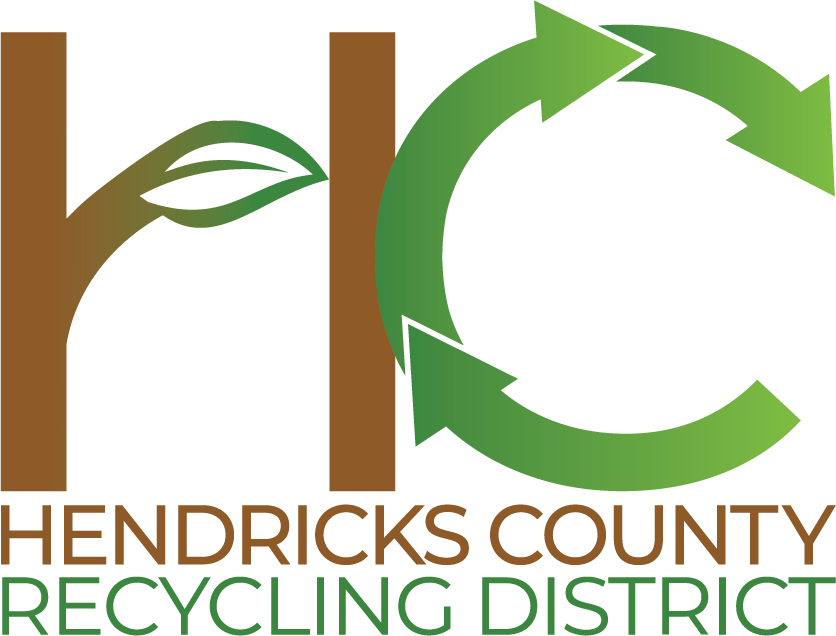One of the things that keeps those of us that work in the waste management industry so interested in what we do is the constant change we experience. New containers are accepted in recycling programs all the time. The ways recyclables are collected and sorted vary and become more efficient. Add in the fluctuating values of the plastic, paper and metals recyclers are marketing day after day, and evolution is the only constant. 
One of the more interesting pieces of this puzzle is what industry insiders call “the evolving ton.” This concept essentially means that the materials being collected, sorted and recycled (bottles, cans, paper, appliances, electronics, etc.) are changing. One of the biggest drivers of this change is the “lightweighting” of product packaging. Think about how much thinner the walls of today’s water bottles are compared to those we used 15 years ago. Jerry Powell of Resource Recycling shared with attendees at this year’s Indiana Recycling Coalition Conference that between 2000 and 2001 the average weight of a half-liter PET (water) bottle dropped by 48%. And, when aluminum cans were first being collected for recycling, it only took eight cans to weigh a pound; today it takes 33! That means that today, in order to bale and sell a ton of aluminum cans, a recycler has to collect 50,000 more cans than in the 1980s!
Another striking example of the evolving ton is in regard to consumer electronics. It used to be common for families to own a camcorder, a personal computer, portable music players, PDAs and cell phones. Not anymore…our smartphones can do all of the things of those devices did for us (and so much more). And the size of these items, in general, continues to decrease. And, that doesn’t even account for the seachange related to computer monitors and televisions transitioning from the large cathode ray tube models to the sleek flat panel varieties.
So, what’s the takeaway message? Do your part! Understand the rules and guidelines of whatever recycling program you participate in and seek out ways to recycle more. If you have questions about local curbside and drop-off recycling programs, please contact us!
For more than you may have ever wanted to know about changes in the waste stream, check out this presentation Chaz Miller presented at the Northeast Recycling Council’s conference last fall.

